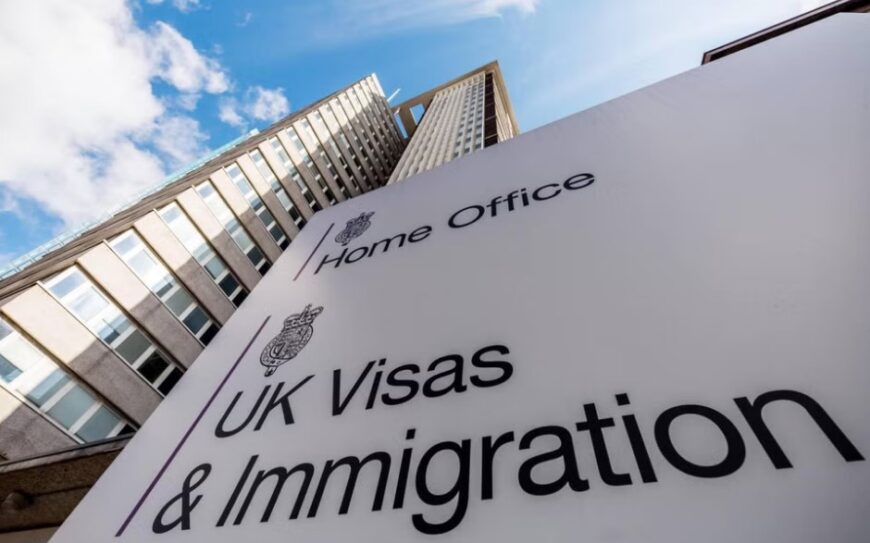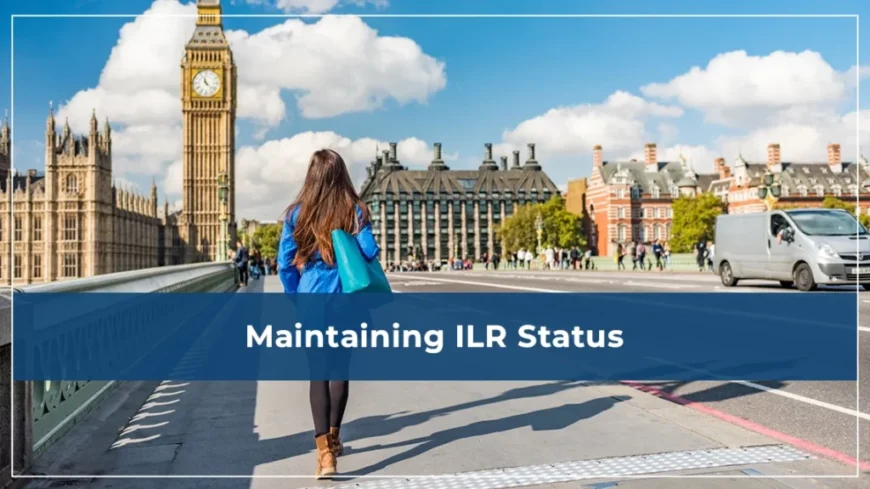The present blog article is going to help you get all the answers in regards to your questions about British citizenship. In accordance with the Home Office Nationality Policy Guidance, the primary objective of the “principal home” condition is to ensure that individuals aspiring to obtain British citizenship have not already made definitive decisions or formulated plans to sever their affiliations with the nation. The advisory acknowledges that the most compelling indicator of an applicant’s intentions moving forward is derived from their historical conduct. It is duly noted that any substantiating evidence indicating prospective shifts in behavior will be duly considered. Here is what you should know.
Why British Citizenship Demands Thoughtful Planning: Top 7 Things To Know
1. What to watch out for and what to follow

In a general context, the Home Office is amenable to accepting statements of intent from applicants who express their inclination to establish permanent residence in the UK under the following prerequisites: possessing permanent status within the UK, fulfilling residency criteria, and not necessitating discretionary measures to accommodate extensive absences. The stipulation mandates that the applicant has not been absent from the UK for durations exceeding six months and harbors no intentions of imminent departure. Clearly, such absences have been or will be, of brief nature, such as for holidays or business engagements. In cases where such absences are intended, the Home Office is content if the individual demonstrates a clear intent to return to the United Kingdom, maintains a domicile in the country wherein any immediate family members not accompanying them continue to reside, and where there exists no information casting doubt upon their intentions. Instances such as a spouse or partner intending or becoming a resident abroad, or prolonged absences from the country are pertinent in this context.
2. What is the intention to continue living in the UK requirement?
This criterion signifies the applicant’s resolve to establish the United Kingdom as their primary abode and to remain within the country subsequent to attaining citizenship. It is essential to note that this stipulation applies to all applicants seeking naturalization as British citizens, with the exception of those married to or in a civil partnership with British citizens, who are exempt from this requirement.
3. Migrants who come to the UK with a family entry visa receive citizenship faster than those entering with a work or a study visa
The timeline for acquiring citizenship is subject to variation contingent upon factors including initial entry into the UK and other pertinent considerations. This variability is particularly prominent for certain demographic groups, such as international students, who may encounter challenges in obtaining permanent residence (ILR), a prerequisite for citizenship. Notably, family members exhibit swifter citizenship attainment, with the majority achieving citizenship after entering the country on entry visas in 2007, and by the end of 2013, 60% of this cohort had become UK citizens. In contrast, international students faced a lengthier pathway to British citizenship; however, this disparity narrowed significantly after a decade, resulting in 59% of individuals entering the country on student visas in 2007 attaining British citizenship by 2020.
4. Required documents that you should obtain
Critical elements integral to the application include proof of identity and legal status within the nation, verification of ILR or EU settled status through pertinent documents, documentation relevant to the status prior to relocation to the UK, English proficiency, and assimilation into daily life in the UK test results, records of travel during the qualifying period, and substantiation of legal right to stay in the UK, free from constraints imposed by UK immigration regulations. Additionally, a demonstration of moral integrity and adherence to UK immigration laws is imperative. The presentation of evidence reflecting the exercise of treaty rights during the qualifying period is also requisite.
5. What are the differences between British citizenship and ILR

It is imperative that the application is characterized by veracity and consistency in alignment with previous submissions. The provision of supplementary evidence may be necessary to preemptively address potential discrepancies. Rigorous verification procedures are implemented to ensure the veracity of the provided information, potentially involving liaisons with diverse governmental entities including HMRC to ascertain tax compliance.
Indefinite Leave to Remain (ILR) status confers perpetual residency within the UK to its holders. Those possessing ILR status are exempt from the requirement to secure prior authorization for residing, working, or studying in the UK. The privileges extend to encompass access to benefits and healthcare, and in some cases, the possibility of sponsoring certain family members for relocation to the UK from overseas. Additionally, children born in the UK to ILR holders automatically acquire British citizenship.
6. Notably, someone with ILR status can be deported and their ILR status revoked

However, it is imperative to acknowledge that continuous absence from the UK for a period exceeding two years among ILR holders results in the lapse of their ILR status. Consequently, if ILR status expires, recourse to a new visa application may be necessary to facilitate entry into the UK. It is pivotal to recognize that British citizenship, unlike ILR, is not susceptible to forfeiture due to periods of departure and can only be revoked under extraordinary circumstances.
7. So, why is it important to go with thorough planning?
Guidelines on applying for British citizenship and getting qualified legal support will vary. When you apply for naturalization and a British passport, you are at the final stage of becoming a British citizen. Normally, it takes several years of effort and careful planning to be able to apply for British citizenship. It is hard to do it on your own, which is why you may appreciate legal support. Most foreign nationals who come to the UK on work and business visas must obtain ILR, or settlement, at least 12 months before their citizenship application. This is why you should apply for British citizenship and sort all your questions out.




